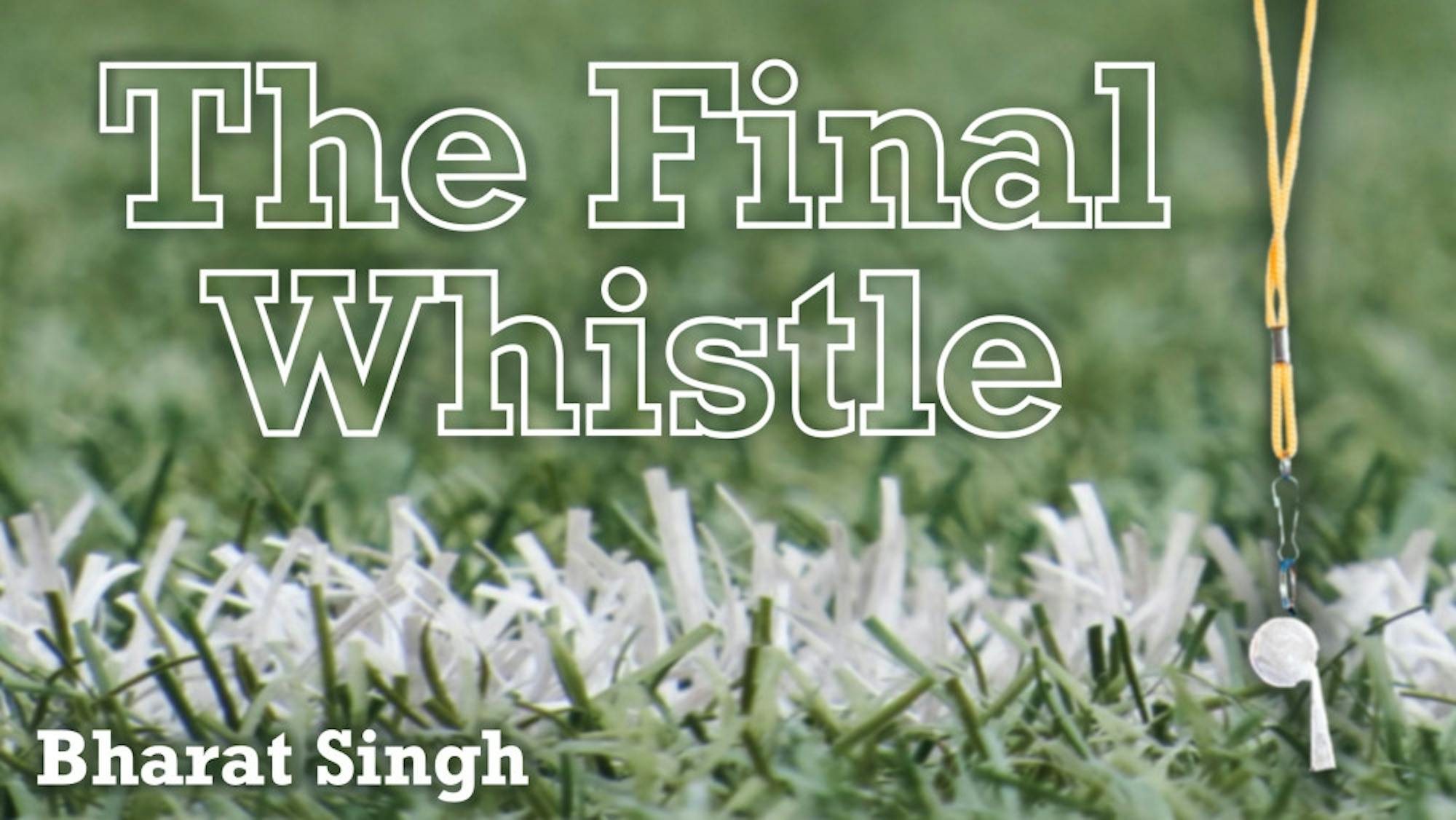Some fans might recall the days when rumors of a young Argentine talent began emerging from southern Italy. Clad in the flamingo pink and black of Palermo, Paulo Dybala regularly dazzled defenders with his relentless pace, close control in tight areas and lethal left foot. Dubbed the “new Sergio Augero” by his club president in reference to the famous Argentine soccer player, the young forward quickly made headlines for his match-winning performances. The newly promoted Sicilian side had clearly landed a gem.
With 13 goals and 10 assists in the 2014–15 season, Dybala helped Palermo finish 11th — just one position behind A.C. Milan — and began attracting interest from Europe’s elite teams. Serie A champions Juventus led the charge and ended up signing Dybala, then 21 years old, that summer. The match was perfect, with Italy’s brightest prospect joining its most prolific team. Serial winners in Italy, Juventus strived to compete with the likes of Real Madrid and Barcelona, but European glory remained elusive. Juventus tried everything — high-profile managers, regular squad revamps, even signing Cristiano Ronaldo in 2018 — but the team continued falling short in the Champions League. Both Dybala and Juventus needed fresh starts.
After seven illustrious years at Juventus, which included four Coppa Italias and five consecutive Serie A titles, Dybala bid a tearful farewell to a packed Allianz Stadium against S.S. Lazio. His time had come. The 28-year-old scored 113 goals for the Bianconeri, cementing himself as a club legend. But a new challenge awaited in the Italian capital.
If Juventus was a team of past glories, A.S. Roma can be defined by its bright future. After appointing José Mourinho as manager in 2021, the Roman side has strengthened its ranks and reestablished itself as formidable in Italy. Mourinho has focused on building his squad by combining veterans with experience and hungry players looking to prove themselves, and Dybala certainly fits that profile. The Argentine’s ability to link up with forward players like former Chelsea striker Tammy Abraham and Roma academy graduate Lorenzo Pellegrini makes him an invaluable asset for Mourniho’s frontline. Drifting wide at times and dragging defenders with him, Dybala opens space for teammates and maximizes goal-scoring chances with his positional intelligence, while his dynamic dribbling can sustain high-paced counter attacks. Dybala displayed that combination against Monza as he effortlessly controlled a looping headed ball by Abraham on his knee and weaved between two Monza players before finishing in the bottom left corner.
Roma’s squad, especially its midfield options, will give Dybala attacking freedom and alleviate some of the pressure of being the star man, a role he played for years at Juventus. Players like Nemanja Matić and new Dutch signing Georginio Wijnaldum will provide defensive security behind the Argentine as he shines in his natural No. 10 position. Although Mourinho often receives criticism about his defensive counter-attacking style, his creative attacking midfielders have always proved important. At Real Madrid, the duo of Kaká and Mesut Özil interchanged with ease while supplying wingers with deadly passes. In Mourinho’s Inter days, Wesley Sneijder assumed the crucial role. And now, Dybala joins the ranks.
With the World Cup on the horizon, Dybala hopes to stamp his authority on the first half of the season and become a critical part of a very talented Argentina squad. Diego Maradona himself once hailed Dybala as a “phenomenon,” having followed his development from his early days in Argentina’s second division. Only 28 years old, on the cusp of his prime, Dybala has a lot to prove as he embarks on this new chapter. Dybala is a generational talent, but bringing Roma back to the top spot in Italian football — especially with the recent resurgence of teams like Inter Milan, A.C. Milan and Napoli — could truly establish the legacy of this modern great.






